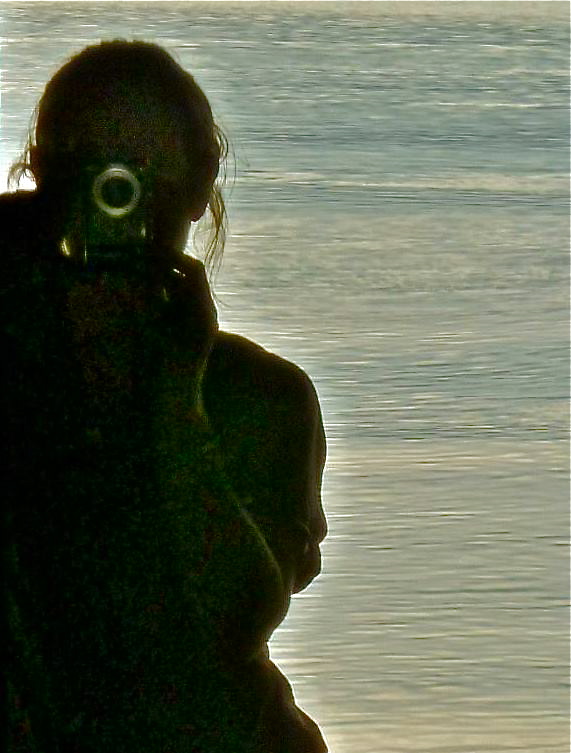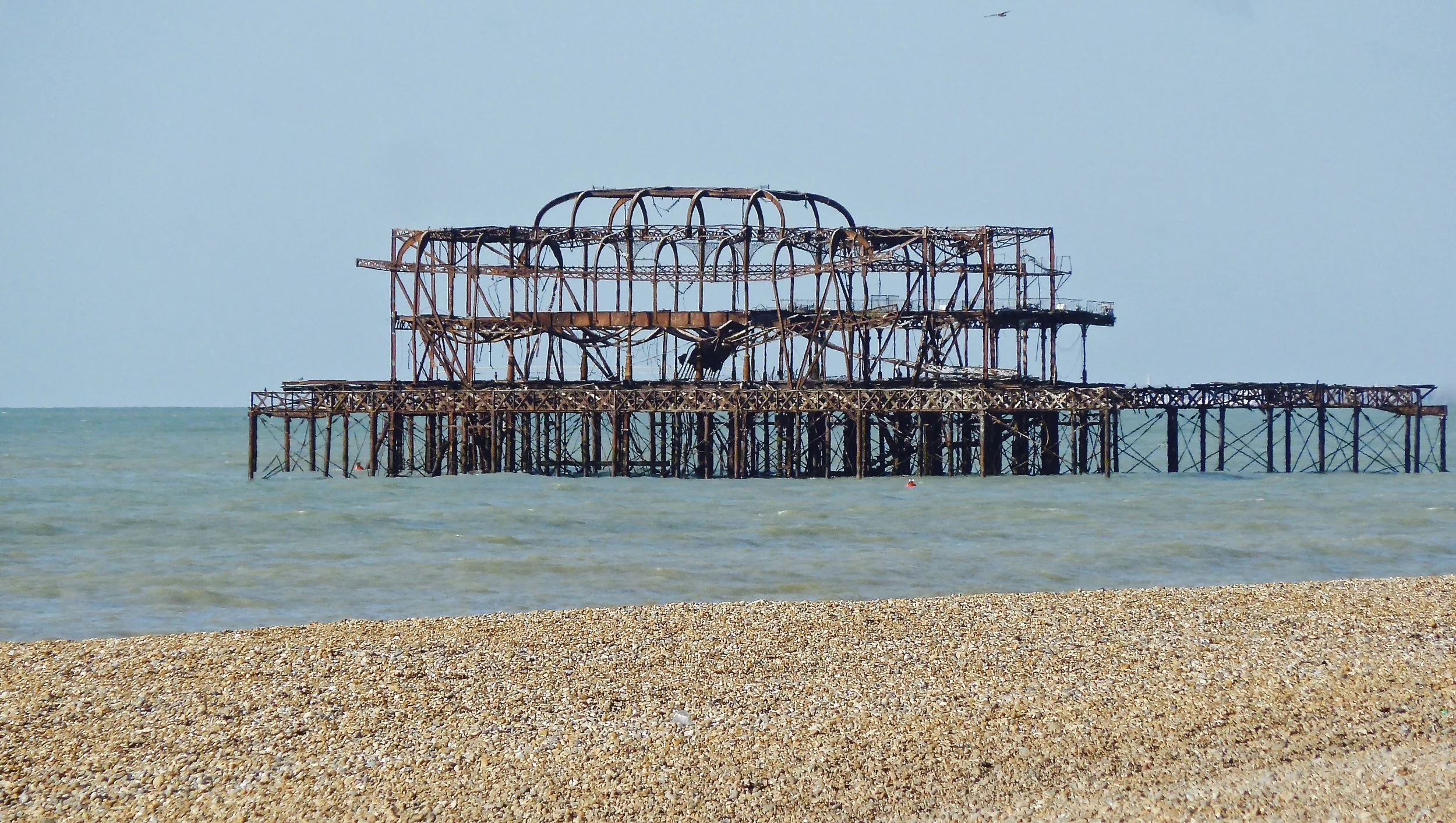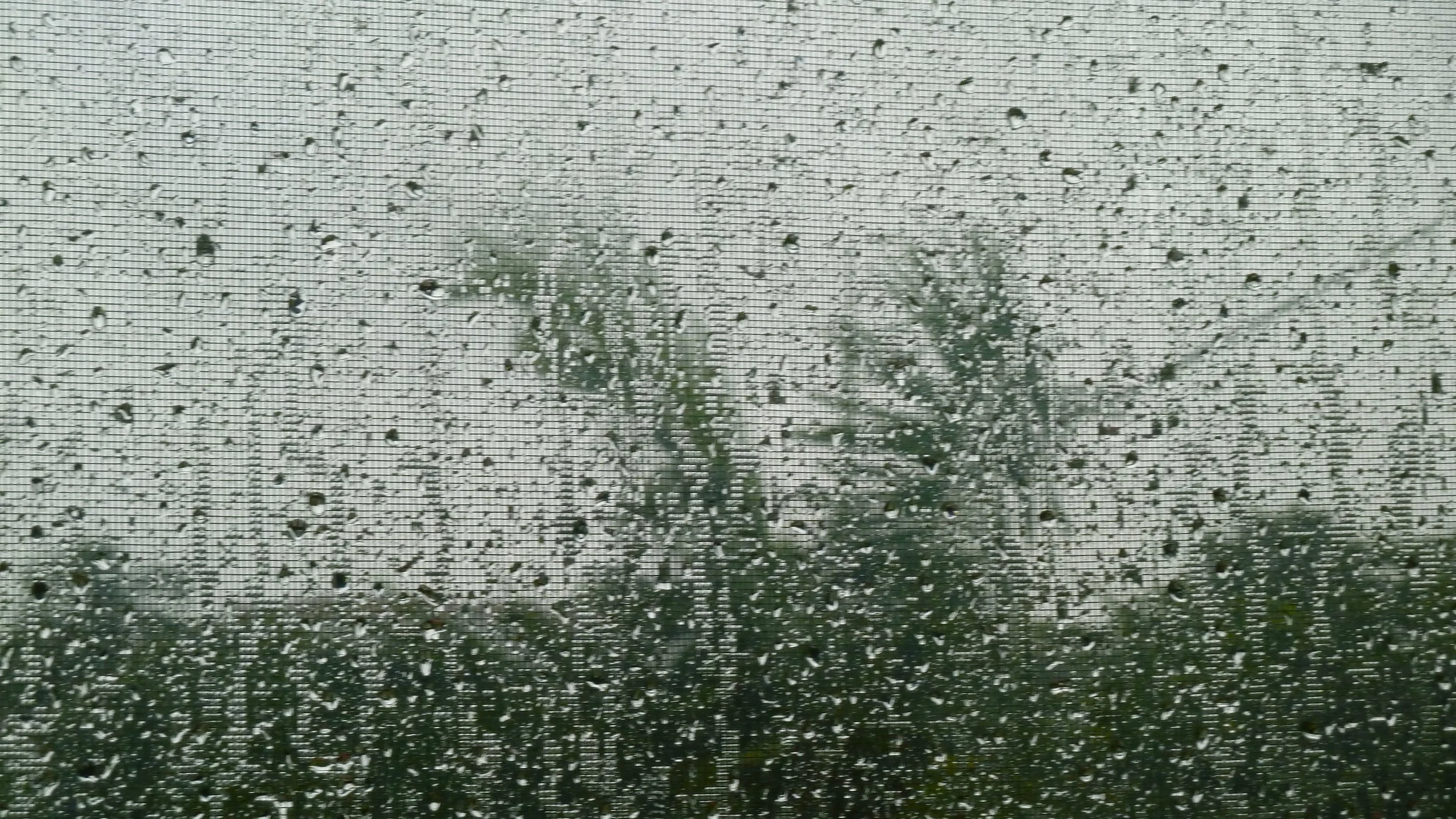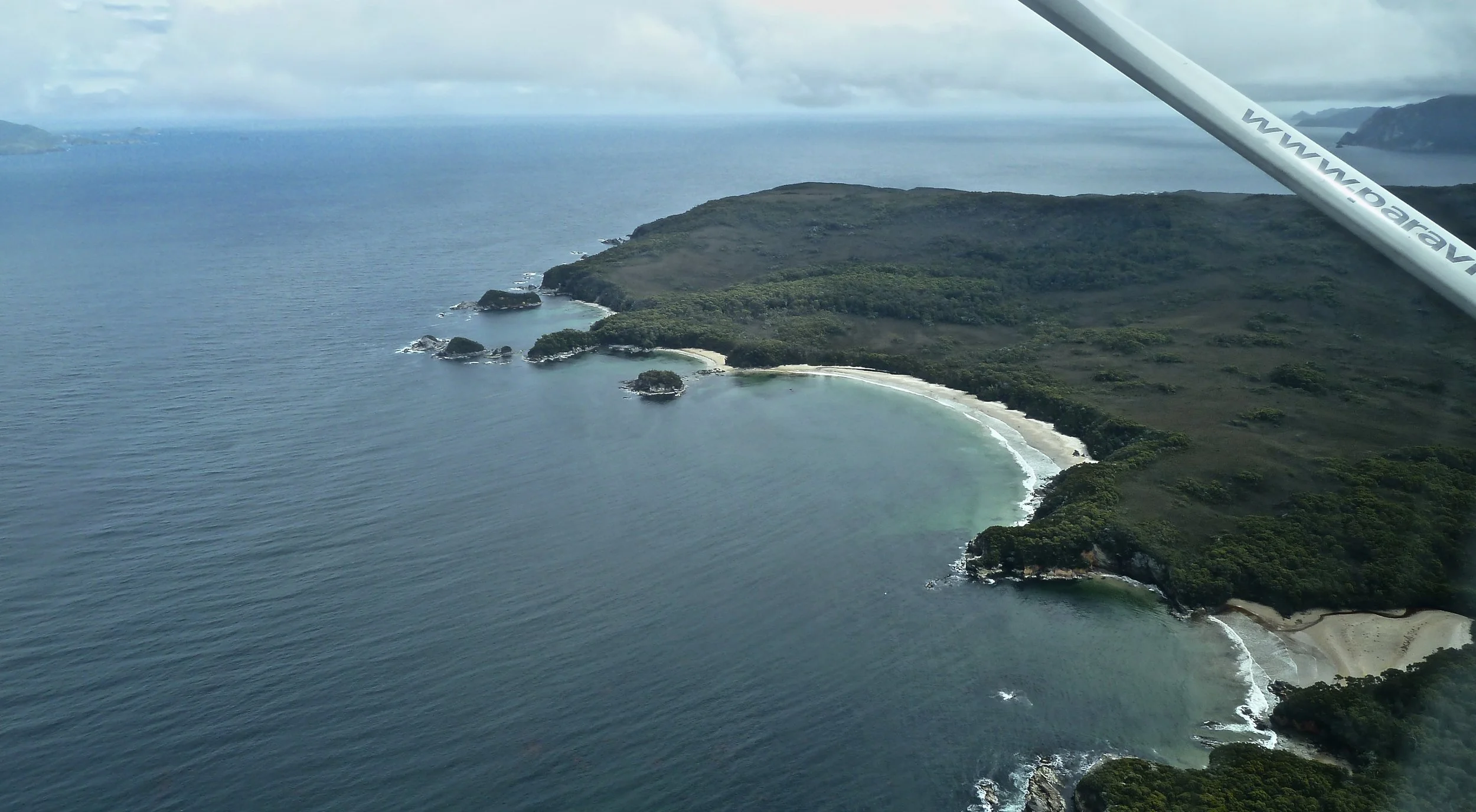Snapshots of troubled times
Never has it been so hard to write. Seldom has such a jumble of thoughts so obstinately refused to be rationalised and take form. Stumbling through the jumble, without a guide or much inclination, I have returned to an unfinished page time and time again.
One is meant to be positive and constructive in the face of tough challenges, but tell me how exactly, when there is little or no evidence of policy to deal with the biggest issue facing everyone on earth. Some days, it seems as if more heads are being buried in sand; more startled faces stare blankly into the burning glare.
Never has there been a more terrifying occupant of the White House. Countries elsewhere on the globe careen off course, self-absorbed and clutching at right-leaning straws.
Since the inauguration of the US president in January, I have attempted to follow some simple rules, in order to maintain a degree of calm in a madhouse:
• I try not to use his name or the unfortunate verb;
• I propound that there is a regime in place and that he is not acting alone;
• I focus on his policies, not his orangeness, hair, hand signals or mental state;
• I endeavour to be constructive; his cronies want people to be angry and fearful because that is the soil from which their darkest policies grow;
• I refuse to talk hopeless or helpless;
• I check 'facts' even more thoroughly;
• I support the Resistance.
I try not to assign the US government's actions to him, but rather the Republican Administration. They must take responsibility for selecting him, for making his election possible; and now individuals must speak up if they do not support policy. Almost as importantly, they must starve him of the attention he craves. Inevitably, Republican Representatives will become concerned for their re-election. If you're reading this in the US, you can increase their discomfort by campaigning in a Swing District near you.
Since last November I have steered clear of leader images and op-eds seeking to normalise this extraordinary state of affairs. I have depended heavily on a dear friend, once a fellow adventurer on these shores but now back in the fold, in Augusta, Georgia. She frequently posts encouraging news from the Resistance, I'm sure partly to keep herself sane, but also to reassure those of us way back east who are concerned for thinking Americans in their new world of crazy.
They are having to endure the dismantling of agencies of education, environmental protection, affordable care (aka Obamacare), women's reproductive rights, wildlife protection, financial regulation, wage protection, rights to work, approval processes for high-priority infrastructure and resource projects, the clean power plan, and climate commitments. This is Senator Bernie Sanders on the Republicans' 'morally repugnant' spending plan.
The normalisation process is disconcerting and destabilising. The Australian prime minister was quick out of the blocks to speak to the new president, clearly edgy about how he was going to get on with Australia's closest ally. Their first phone call didn't go well. The reverence normally accorded a POTUS jars if he is a racist sexual predator; a self-publicist who golfs, tweets and tantrums profusely; and shamelessly appoints billionaires, CEOs and generous donors to his cabinet, few of them with an iota of experience.
I recently returned from a month in the UK, where like-minded friends are still consoling each other through the continuing agony of a bumbling government herding the nation off the Brexit cliff*. The skies were dark with the UK's four-decades-long ambivalence about EEC/EU membership coming home to haunt those of us who were embarrassed at the time; and feel as angry today as we did on Referendum day, 24 June 2016.
Since my return to Oz, prime minister Theresa May, whose resemblance to Margaret Thatcher fills me with dread, has triggered Article 50, initiating the UK's dismemberment, severance, isolation, self-harm. Here beginneth a protracted process of bickering and mind-numbing struggle, while in the background thousands of Whitehall bureaucrats, at a cost of billions of pounds, and probably over two decades, will replace European legislation on environmental protection, employment, manufacturing standards, food standards, water standards, bank regulation, energy, carbon emissions, human rights…
If only more people had spent twenty-five minutes of their life listening to Professor Michael Dougan before they voted last June. If only both Brexiteers and Remainers had fleshed out some details of their post-referendum plans, we might not now be peering into such an unfathomable unknown.
Lest Brits forget, this picture was taken when their leader could be found in a different camp…
(And Australians, do you remember when Malcolm Turnbull agreed with Kevin Rudd about the benefits of a carbon emissions trading scheme back in 2009? How enlightened your leaders looked then, we thought from the other side of the planet.)
There were times when I was able to push our EU exit to the back of my mind, and enjoy being a visitor to my homeland.
Farm and North Downs, Surrey
Guildford Castle
North Lanes, Brighton
Regency Square, Brighton
St Pancras Station
Denbies Wine Estate, Dorking
I live, lived, in a beautiful area of the British Isles – and yes, we have vineyards – but it's looking down at heel these days. The roads are poorly maintained, and litter strews the verges. The Conservatives' austerity measures have bitten deep, and I weep for a National Health Service I never fully appreciated until I moved to another country. You never know what you've got till it's gone. Same goes for peace in Europe.
Back in Brisbane, it was World Science Festival a couple of weeks ago. On a Saturday evening, a distinguished panel debated whether science and faith could comfortably coexist. I did wonder why I was there – in my world they don't need to – but there was an interesting idea from Peter Bruza of QUT, who related quantum theory to zen meditation. Astrophysicist Ken Freeman's affinity for galaxies was devalued somewhat when he declared, 'I just know god exists!'. He didn't see fit to identify which one, or attempt to justify his claim. Someone else who wondered what they were doing there was panellist A C Grayling, Professor of Philosophy at the New College of the Humanities in London.
In his book The Challenge of Things: Thinking Through Troubled Times, Professor Grayling is sceptical about the 'findings' of the Templeton Foundation of Pennsylvania that children are hard-wired to believe in a 'supreme being'. The Foundation seeks to insert 'religion into science and to promote belief in their compatibility – which, note, comes down to spending money on 'showing' in the end that the beliefs of ancient goatherds are as good as modern physics.'
In Australia, you may have observed that those beholden to their mining paymasters as well as those perhaps baffled as to why their gods have not yet shown them the way to avoid climate chaos are missing from any serious search for pragmatic solutions. You don't hear much either these days from climate change optimists who were confident our ever-improving technological knowhow would enable us to cope with rising sea levels, crop failure, intense storms and extreme heat stress.
Theoretical physicist and Nobel Laureate Steven Weinberg has spoken out, as Grayling does, about the cruelty and violence justified in the name of one religion or another throughout history and across the globe. He concludes: 'Religion is a mile wide and an inch deep'. I don't believe the gods will be of much practical help in the decades ahead unless we get off our arses, cut emissions and remove the despots PDQ.
This post was written over several weeks in March and April.
* On 18 April, Theresa May announced that there will be a general election on 8 June. She hopes for a mandate to progress the UK's opt-out of the EU. I herby confirm that #MayDoesntSpeakForMe



















